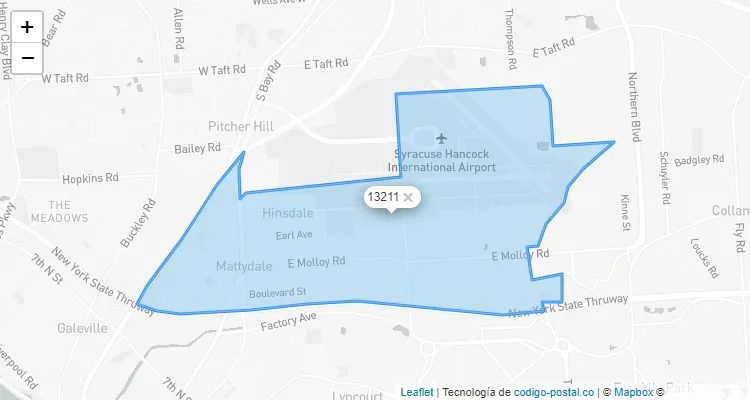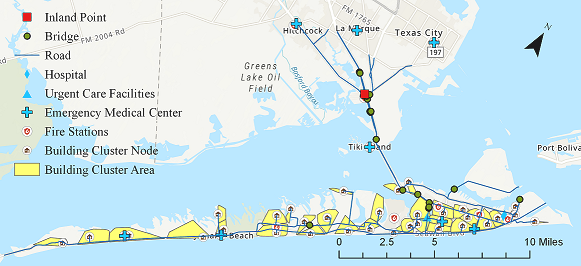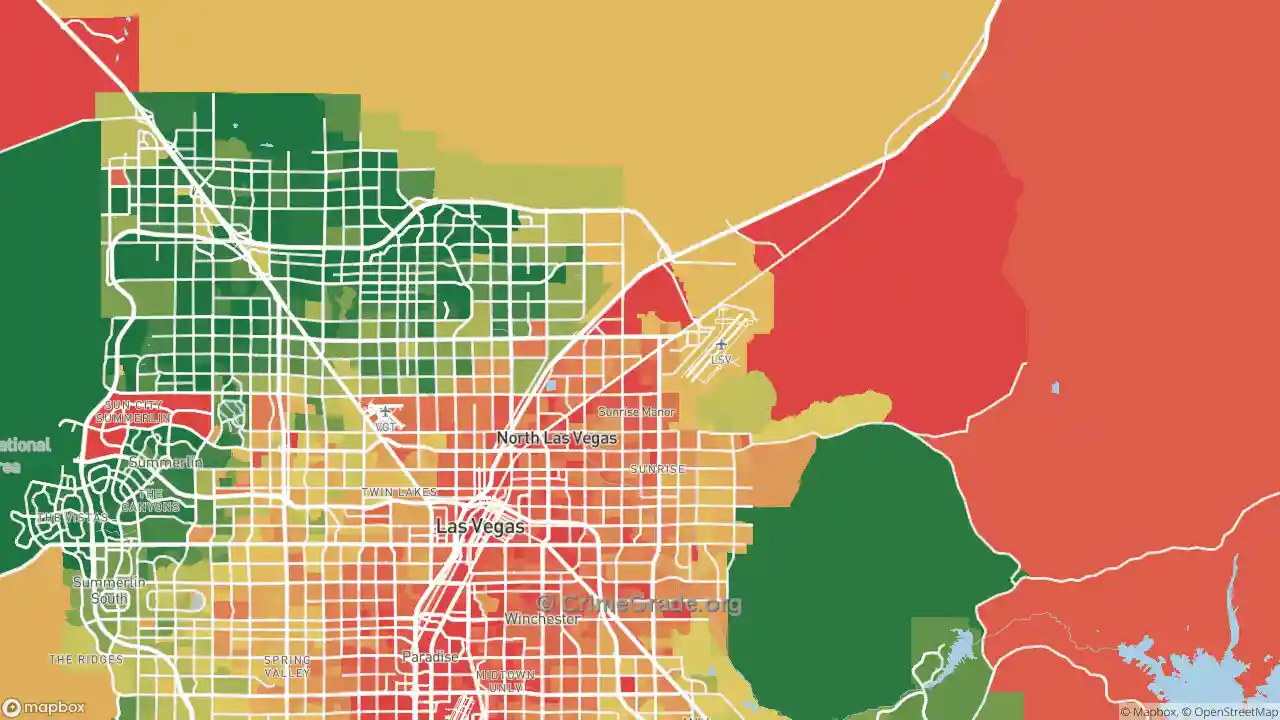In the Lone Star State, cities are more than just places where people live and work; they often carry nicknames that capture the essence of their character, history, or cultural identity. But why do these nicknames matter? And what are some of the popular nicknames for Texas metropolises? Let’s dive into the world of Texas city nicknames and uncover why they hold special significance.
The Power of Nicknames
Nicknames have a unique way of summarizing the spirit and identity of a place. They provide an emotional connection and often reflect local pride or historical significance. For Texas cities, these nicknames can offer insights into the city’s heritage, economy, or even its role in popular culture.
Imagine a city without a nickname—it might seem a bit plain or less memorable. Nicknames help cities stand out and become more recognizable. They add a layer of personality and charm that goes beyond official names and make the cities more relatable and engaging.
Popular Nicknames for Texas Metropolises
Houston: The Space City
One of Texas’ largest and most bustling cities, Houston is often referred to as “The Space City.” This nickname is a nod to Houston’s significant role in space exploration. It’s home to NASA’s Johnson Space Center, where astronauts are trained and space missions are coordinated.
The name “Space City” highlights Houston’s contributions to space travel and its place in the history of space exploration. It’s not just about the space center; Houston’s residents take pride in their city’s achievements and its contributions to science and technology.
Dallas: The Big D
Dallas is commonly known as “The Big D.” This nickname reflects both the city’s large size and its significant role in various industries, from finance to technology. The “Big D” nickname is a fun, catchy way to celebrate Dallas’ status as a major metropolitan area.
Beyond its size, the nickname also captures Dallas’ dynamic culture and vibrant lifestyle. It’s a city that embraces its big ambitions and diverse population, making “The Big D” a fitting moniker. You Can Also Read This Monkeys for Sale in Texas: Everything You Need to Know
Austin: The Live Music Capital of the World
Austin, the state capital, proudly carries the nickname “The Live Music Capital of the World.” This name celebrates Austin’s rich musical heritage and its reputation as a hub for live music. The city hosts numerous music festivals, including the famous South by Southwest (SXSW), attracting artists and fans from all over the globe.
The nickname reflects the city’s vibrant music scene and its role in promoting various genres, from rock and blues to country and hip-hop. For many, this nickname embodies the essence of Austin’s creative spirit and its love for music.
San Antonio: Alamo City
San Antonio is often called “The Alamo City,” a tribute to the historic Alamo Mission. The Battle of the Alamo, which took place in 1836, was a pivotal moment in the Texas Revolution. The name serves as a reminder of the city’s important role in Texas history and its enduring legacy.
The nickname also highlights San Antonio’s rich cultural heritage and its deep connection to the events that shaped the state. It’s a way for residents and visitors alike to remember and honor a significant part of Texas’ past.
Fort Worth: Cowtown
Fort Worth, known as “Cowtown,” proudly embraces its Western heritage. This nickname reflects the city’s history as a cattle trading hub and its ongoing connection to cowboy culture. Fort Worth celebrates its roots with events like the Fort Worth Stock Show and Rodeo, which draw crowds from all over.
The nickname “Cowtown” captures the essence of Fort Worth’s unique identity and its celebration of its cowboy and ranching traditions. It’s a nod to the city’s past and a testament to its enduring cultural significance.
Why Nicknames Matter
Nicknames do more than just label a city—they help to create a sense of community and identity. For residents, a nickname can foster pride and a feeling of belonging. It connects people to their city’s history, culture, and achievements in a way that official names might not.
For visitors, nicknames offer a glimpse into what makes a city special. They provide a shorthand way to understand a place’s character and charm, often sparking curiosity and encouraging exploration.
Nicknames also play a role in branding and marketing. Cities use their nicknames to promote themselves and attract tourists, businesses, and new residents. A catchy and meaningful nickname can help a city stand out and leave a lasting impression.
How Nicknames Are Created
Nicknames often emerge from a city’s unique characteristics, historical events, or cultural attributes. They can be coined by locals, media, or even adopted as part of city branding efforts. Sometimes, a nickname develops organically over time as people start using it to describe the city.
For example, Houston’s “Space City” nickname arose from its association with NASA, while Austin’s music-centric name reflects its active promotion of live music. These nicknames often grow in popularity as they capture the essence of the city in a memorable way.
The Impact of Nicknames on City Identity
A well-chosen nickname can become an integral part of a city’s identity. It helps define how the city is perceived both by residents and outsiders. A strong nickname can enhance a city’s reputation and contribute to its overall image.
Moreover, nicknames often evoke a sense of pride and connection among residents. They can serve as symbols of local achievements, cultural heritage, and shared values. For cities with rich histories or distinctive characteristics, a nickname can be a powerful way to celebrate and communicate their unique identity.
The Future of City Nicknames
As cities continue to evolve, their nicknames may also change or develop new meanings. Urban growth, cultural shifts, and historical events can all influence how a city is perceived and what nickname it adopts. Some cities might see their nicknames evolve to reflect new trends or achievements, while others may keep their traditional names as a nod to their history.
Regardless of how they change, nicknames will likely remain an important part of a city’s identity. They offer a way to capture and celebrate what makes a city special, creating lasting impressions and fostering community pride.
Conclusion
Nicknames for Texas metropolises do more than just identify cities—they capture their essence and celebrate their unique qualities. From Houston’s “Space City” to Fort Worth’s “Cowtown,” these nicknames reflect the rich history, culture, and character of each city. They help create a sense of identity and pride for residents and offer a glimpse into what makes each city special for visitors.
Whether they highlight historical events, cultural heritage, or local achievements, nicknames play a significant role in shaping how we understand and connect with Texas cities. So next time you hear a Texas city nickname, remember that it’s more than just a catchy phrase—it’s a reflection of the city’s spirit and a celebration of its unique place in the world.





